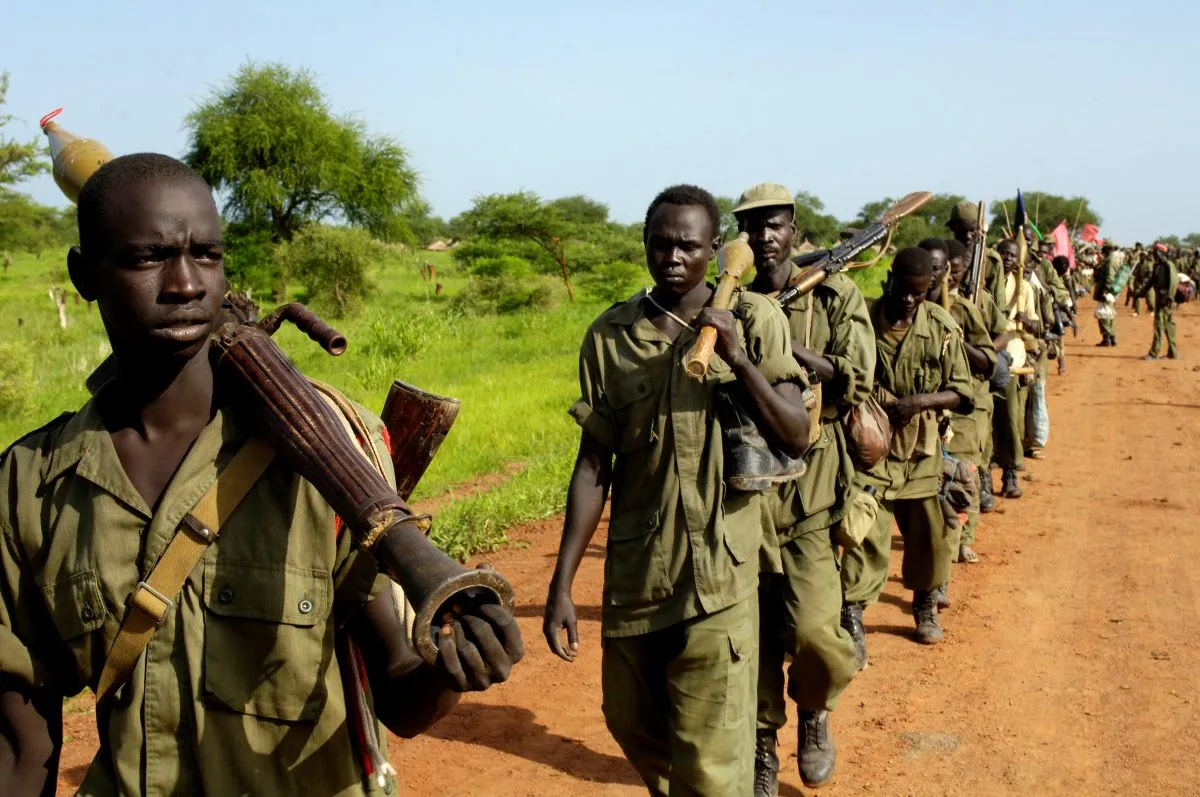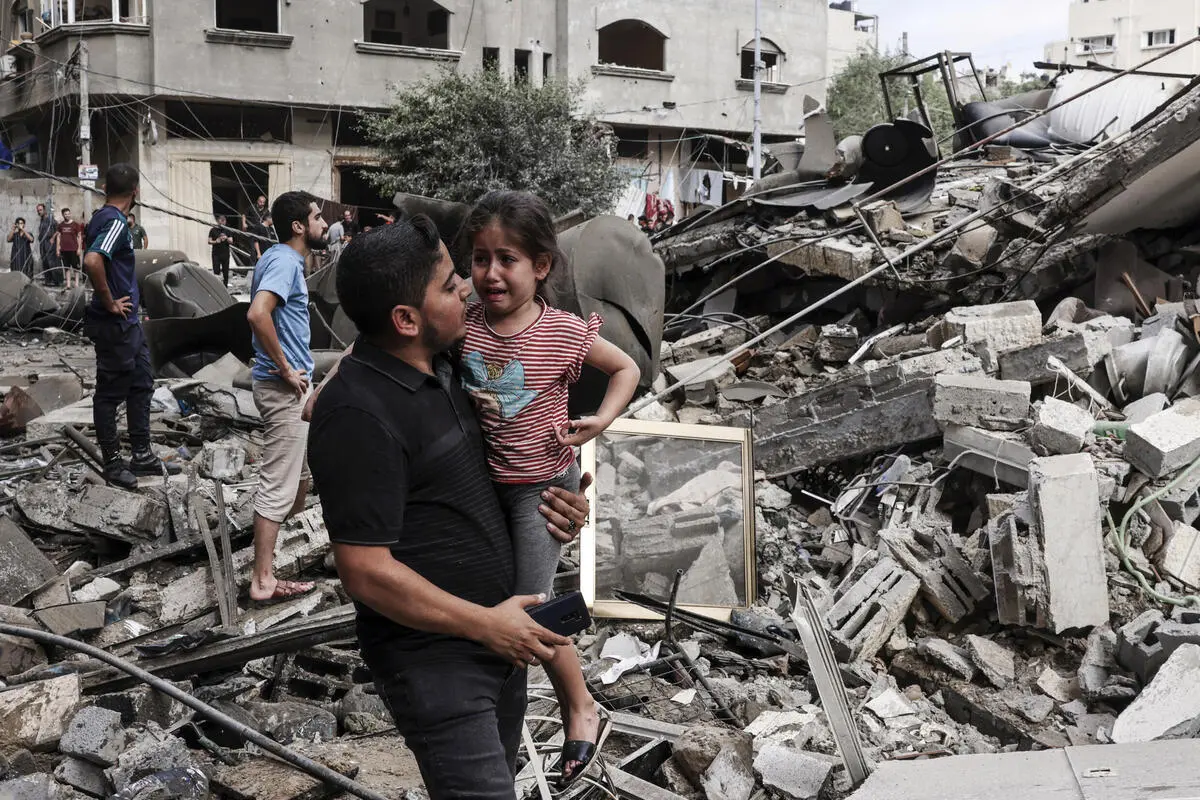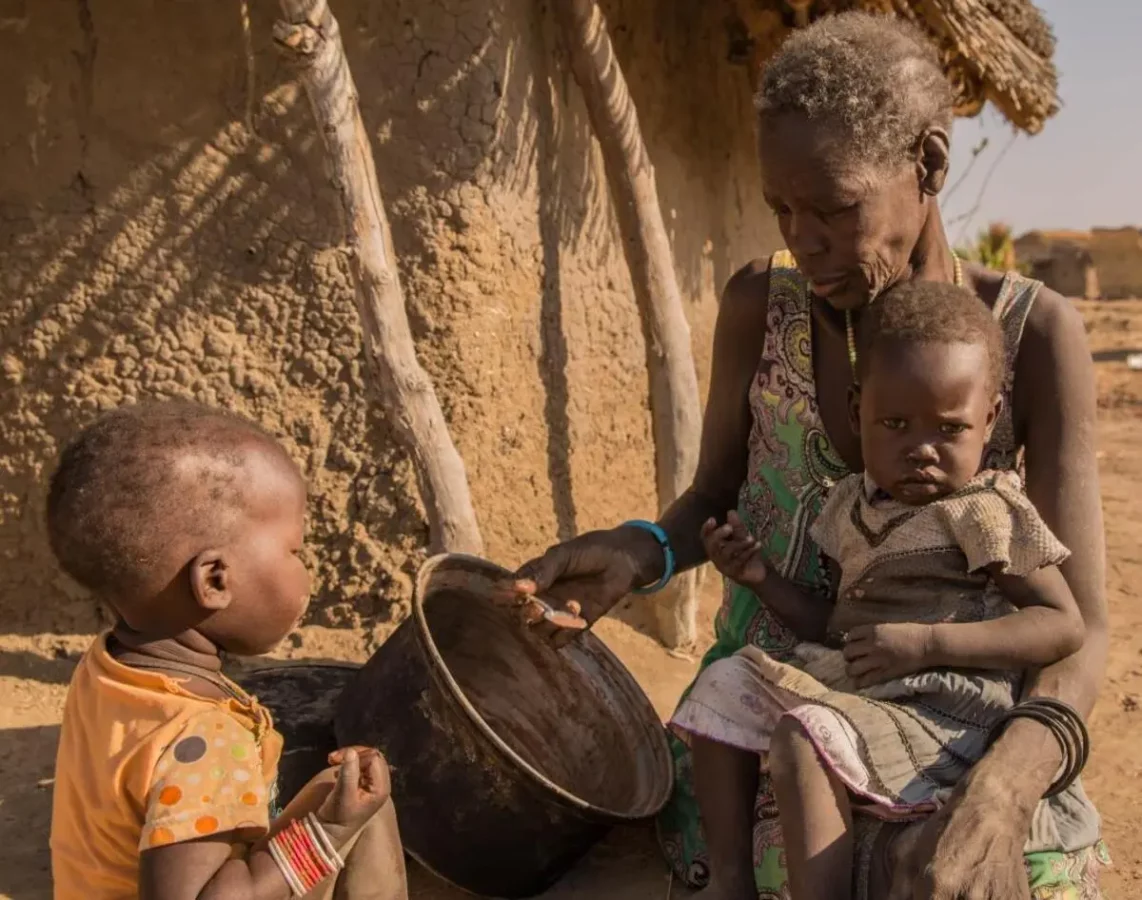While the war rages in Sudan, the risk of catastrophic starvation is rising exponentially across the North East African Country. A forgotten population, one may say, as the crisis is receiving significantly little coverage by the global media. According to a recent report by the United Nations’ hunger monitor, a “stark and rapid deterioration of food security situation” in the last six months has brought the war-ravaged Northeast African nation to the precipice of a catastrophe beyond imagination.
The war that has been going on for more than 14 months now has internally displaced nearly 10 million people, killed tens of thousands, and left millions of others hungry, traumatized, and with little hope for the future. More than eight million people across 14 of the 18 states of Sudan are now facing food shortages that could result in acute malnutrition and death. Some 750,000 of those are at risk of immediate starvation. According to an analysis by Save the Children, some “16.4 million children, or three in every four in the country, are now facing ‘crisis’, ’emergency’ or ‘catastrophe’ levels of hunger – up from 8.3 million just last December”.

One may wonder that, despite the warning by humanitarian organizations about the impending catastrophe presented by the protracted war, where is the International response? Where are the street rallies to grab global attention? Where are the social media campaigns?
However, it has always been the media and the world’s characteristic to move on from a crisis as soon as a more interesting one comes up or, one perceived to be more consequential. Despite this, the crisis does not go away. Besides, it is more likely to worsen and abuse of human rights to increase as little attention is given to indiscriminate abuses.
Interestingly, Sudan is not the only forgotten crisis of our time. Syria continues to endure a devastating situation, with millions of people displaced, and living in dire conditions both within the country and abroad. Despite this ongoing tragedy, global attention has largely shifted away from the Syrian conflict. Similarly, in the Democratic Republic of the Congo (DRC), the population suffers from ongoing violence between rebels and the military, resulting in deaths, injuries, and displacement. However, the plight of the Congolese people seems to be little more than a marginal concern on the global agenda.
A Sudanese university student was forced to flee her home with her family after it was bombed because of the civil war in Sudan.
— AJ+ (@ajplus) July 3, 2024
She says she wishes she could achieve her dream of graduating and working. pic.twitter.com/NIlzOAaTQH
The recent conflict in Gaza initially garnered substantial international attention for various reasons. However, with the United States, France, and the United Kingdom now concentrating on their elections and domestic issues, the war and humanitarian crisis in Gaza are gradually becoming secondary concerns.

In Early March, the United Nations World Food Programme issued a warning that the war in Sudan threatens to trigger “the world’s largest hunger crisis”. Four months on, the situation is significantly worse, and that “largest hunger crisis” is almost here.
Othman Mogbel, CEO of Action for Humanity, talking about the Sudan crisis said, “We, and our partners working in Sudan are seeing families left with no other options but having to eat soil and leaves in an attempt to fight off impending starvation. Parents travel across the country searching for work to provide for their children. No one is certain where their next meal will come from if it comes at all.”
The international community must acknowledge the situation in Sudan and take immediate action to prevent further suffering for a population that has endured hardship for far too long.
















